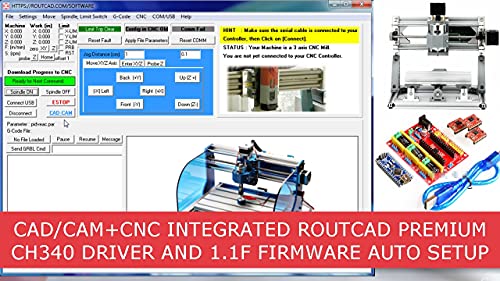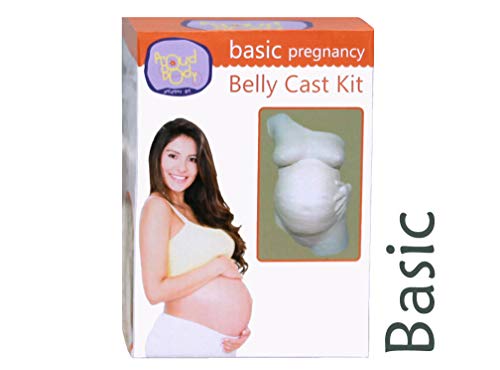Slot Drill, Thats a new one to me.
From the definition of a slot drill, what I was able to find, sounds like something to use in wood.
I have only been in this hobby cense 1972 ! Must be a regional phrase or trade specific?
I have mainly used drill bits squared off to suit the need of a flat bottom hole as big as 3".
For small flat bottom holes, I usually like to use the mill for rigidity.
For larger pieces I will use the drill press because of its large table. I will use up to .500 diameter modified endmills, because of chuck capacity, and flat bottom drills.
Now remenber, you will want to run these flat bottom tools at a slower speed! They are more likly to cause chatter. You have more surface contact and because of the geometry.
You can dub the outer edges of the drill or endmill, so that the edges do not cut or dig in to the side of the hole.
I have used end mills to do this also. Now, granted, I would not us a endmill with an inch of flutes sticking out, unless you obsolutly had to. I would cut the end of a mill of to a short stub and let the shank guide throught the hole. Two flute , or four, depends on the depth diameter ect.
I have used Deckel grinders to make nice D shaped tools and ground radius's on the corners of drill bits, if you have that need, these I only use in the mill.
I grind most one off tools for this pupose (drills, mills) by hand, on the pedestal grinder and touch up on a diamond wheel or on the surface grinder with a indexer if needed.
A nice tool grinder over here in the USA, is a Darex tool cutter. They are becoming very inexpensive.
They have a air spindle for the tool collet , uses 5c collets. very user friendly.
Those of you who have not used, operated, CNC equipment have not been introduced to some of the newer end mills, Yes, there are many center cutting endmills availiable. Just make what you need, experiment!































































